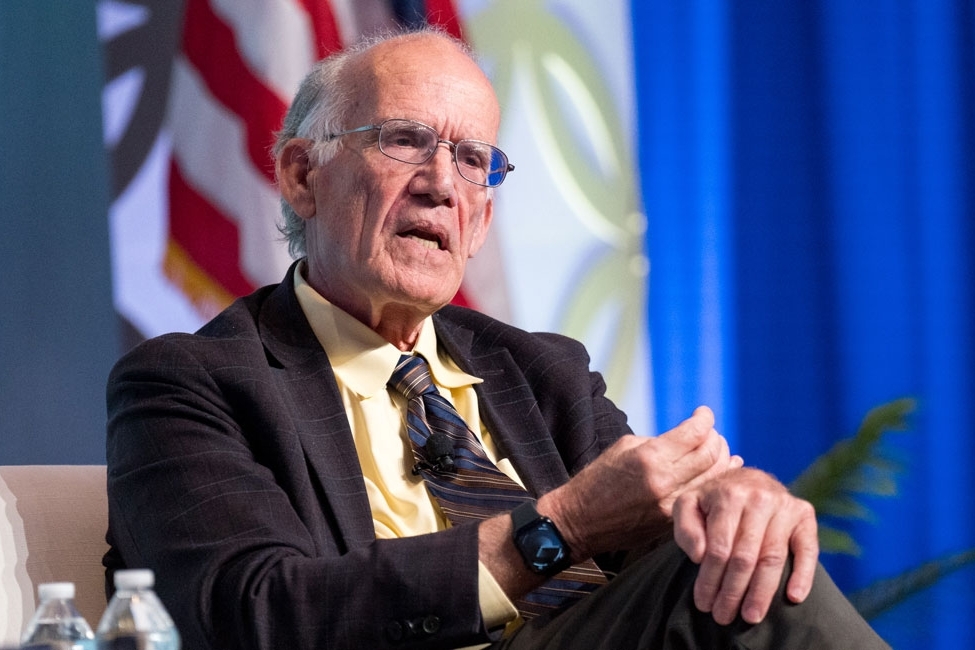from The Epoch Times:

Mr. Hanson studied four historical examples of wartime extinction that he featured in the book. Then he applied those lessons to contemporary society to examine our own vulnerabilities. The book is on sale now, and Mr. Hanson spoke with The Daily Signal to share his observations along with some advice about what’s at stake for the United States in the short term.
TRUTH LIVES on at https://sgtreport.tv/
And by that, I mean it wasn’t just their physical space, their populations—of course, in the ancient world, they enslaved anybody they didn’t kill—but their language, their culture, their civilization, and their religion disappeared within a generation. So, for today, we don’t know much about Punic culture in North Africa or the Aztecs in Mexico.
It didn’t happen frequently, but what were the conditions under which it occurred? And then, I have a long epilogue trying to speculate if that could still happen given that the agents of annihilation—nuclear, bio, chemical, AI (artificial intelligence)—are much easier to use than the muscular labor of the past.
They also had this kind of naive egocentric idea that allies would come to their rescue—the Spartans will come and save us, the Venetians will come to Constantinople, the Macedonians will attack the Romans from the rear. And they didn’t really understand that all allies are self-interested.
And then, finally, they didn’t understand that these killers, the destroyers, were not like Genghis Khan or Tamerlane, they were men of education. Alexander was tutored by Aristotle. Scipio Aemilianus had Polybius at his side, the great Roman historian, when he destroyed the city. Mehmed had the largest library in the Islamic world. Cortés was a man of letters.
So they didn’t realize that they had thought deeply about how to destroy. They didn’t just come in, kill, rape women, and leave. They really had an existential plan to erase these cities.
And when you look at today, there’s the same idea that no one would ever do that, it couldn’t happen here, this is in the past.
So I went through in the epilogue and looked at all the threats of extinction that we have seen in, say, the past 15 years. I was shocked.
It wasn’t just Kim Jong Un saying that he wanted to wipe out South Korea, and he would, but it was people like [Turkish President] Recep Erdogan. He has threatened, he said not too long ago, about eight months ago, that the Athenians, the modern Athenians, would wake up one morning and there would be a barrage of rockets to wipe them out. That was anger over his attempt to take back islands that are Greek off the coast of Turkey.
He said to the Armenians at Nagorno-Karabakh—a year ago, they ethnically cleansed every Armenian out of Azerbaijan. And they had been there for a thousand years. And he said, “We are going to deal with Armenia itself in the way that our grandfathers did.” And that was, of course, the destruction of Armenian culture in Turkey.



